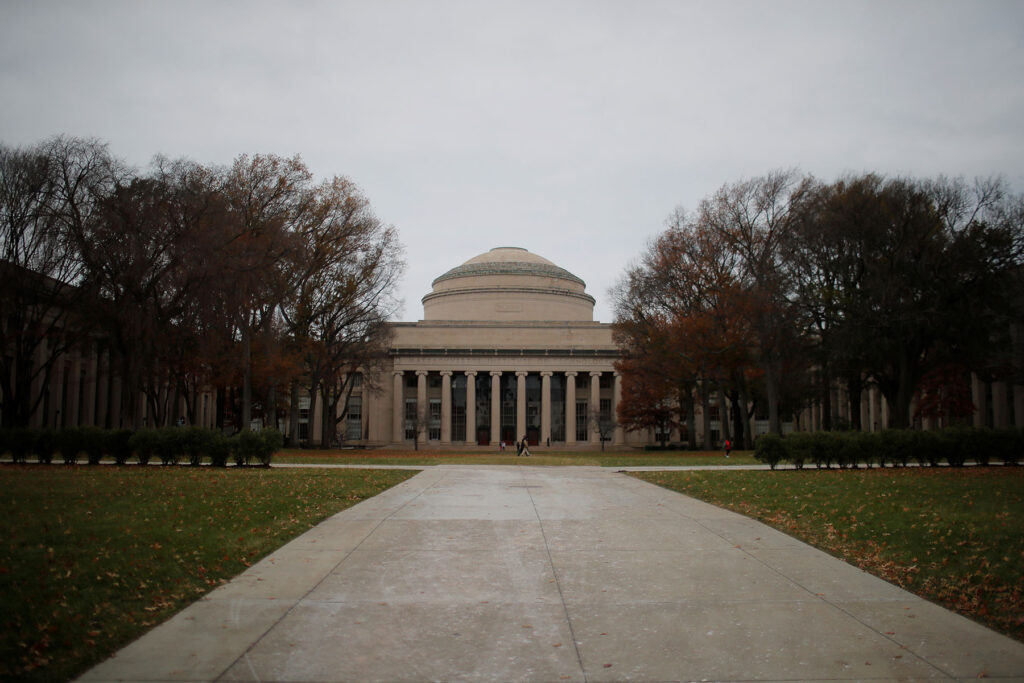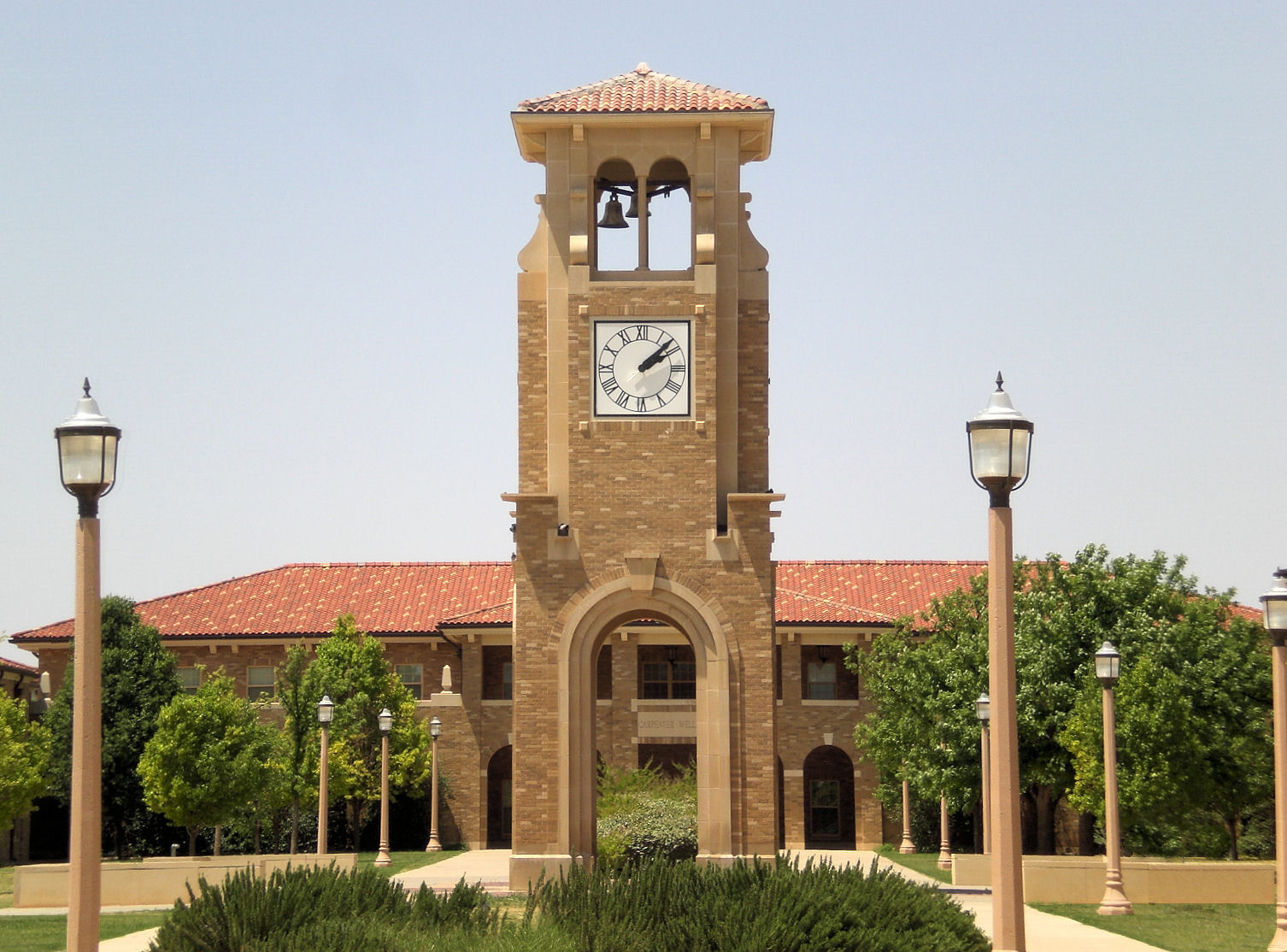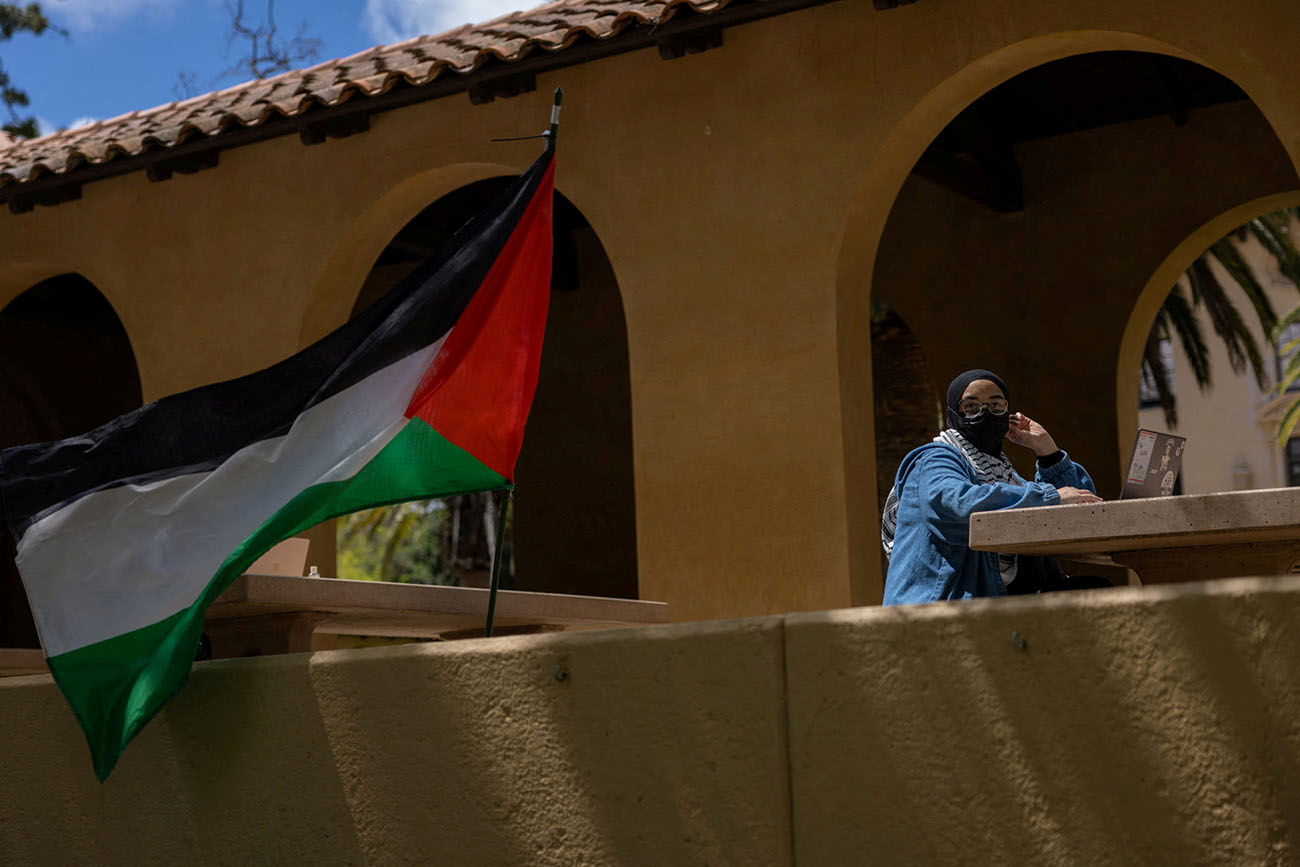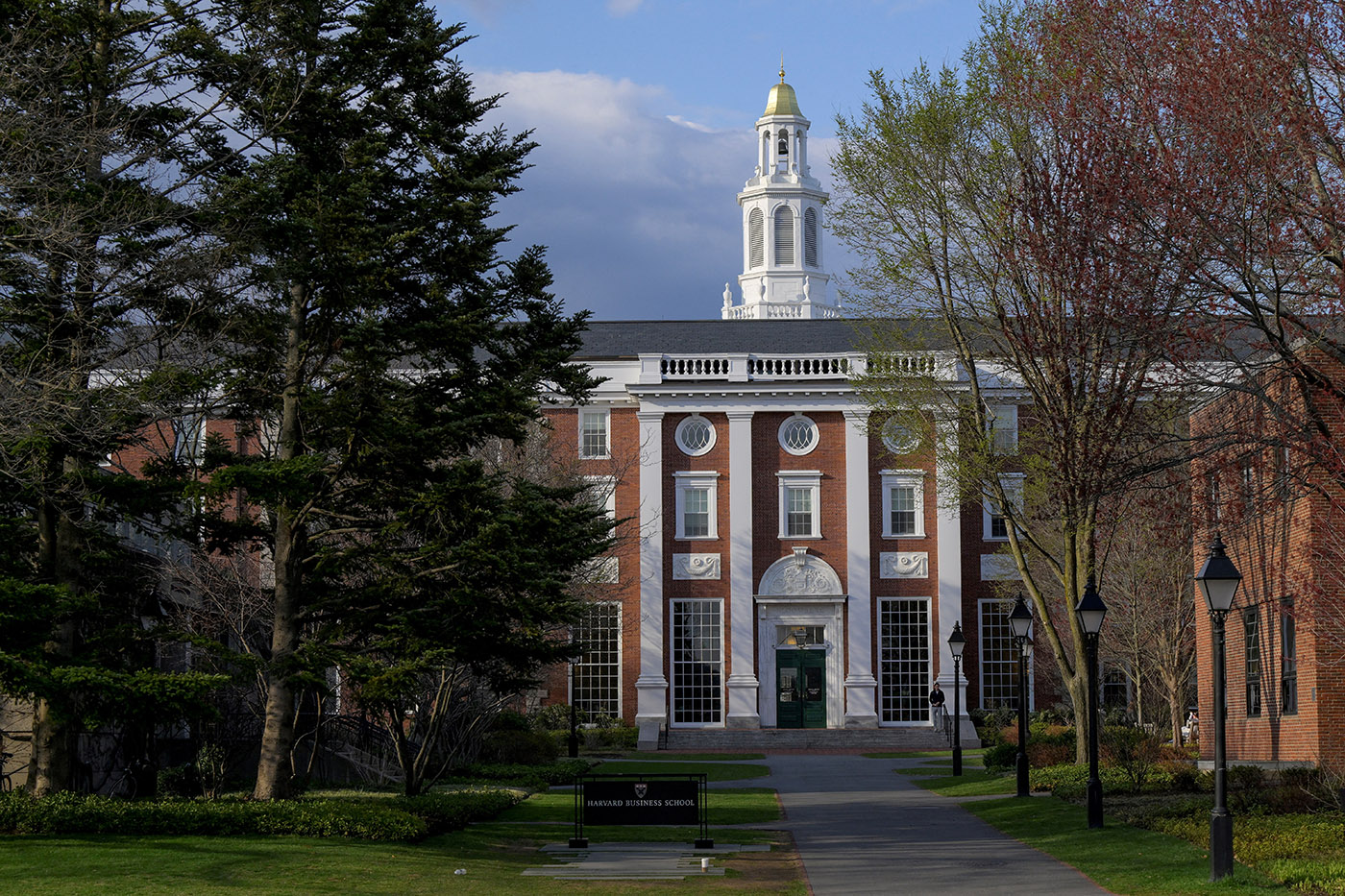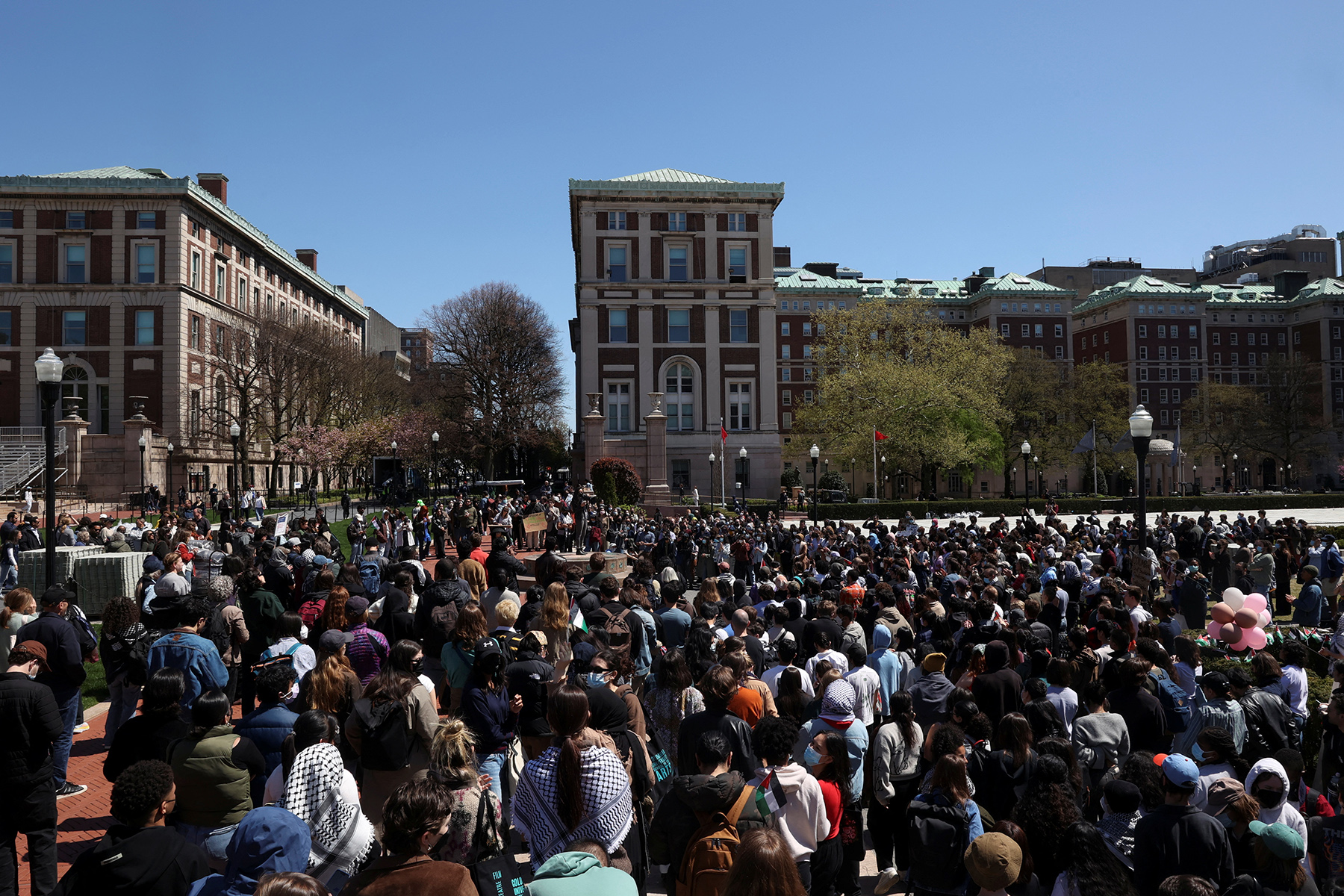BOSTON (AP) — Two Jewish students filed a federal lawsuit Thursday against the Massachusetts Institute of Technology accusing the university of allowing antisemitism on campus that has resulted in them being intimidated, harassed and assaulted.
The lawsuit mirrors similar legal actions filed since the Oct. 7 Hamas attack on Israel, including at Columbia University, New York University, Harvard University and University of Pennsylvania. In the MIT lawsuit, the students and a nonprofit that fights antisemitism, StandWithUs Center for Legal Justice, accuse the university of approving antisemitic activities on campus and tolerating discrimination and harassment against Jewish students and faculty.
“As a result of MIT’s blatant and intentional disregard for its legal and contractual obligations to its students, plaintiffs and other students have suffered injury to themselves and their educational experience,” the lawsuit alleges. “Jewish and Israeli students at MIT have felt unsafe attending classes, have in some instances deferred graduation dates or exams, and some professors have left the university.”
A statement from MIT said the university does not typically comment on pending litigation.
“Generally, we’d note MIT has established processes in place to address concerns of discrimination and harassment,” according to the statement.
The lawsuit is requesting the court prohibit MIT from “establishing, implementing, instituting, maintaining, or executing policies, practices, or protocols that penalize or discriminate against Jewish students.” It also is demanding that MIT take any preventive measures including firing staff and expelling students who engage in antisemitic behavior.
The lawsuit also calls for the university to communicate to the school community that it will “condemn, investigate, and punish any conduct that harasses members of the Jewish community, or others on the basis of their ethnic or ancestral background.”
Last month, MIT suspended a student group that held demonstrations against Israel’s military campaign in Gaza because it didn’t go through the school’s approval process. In a video message explaining the suspension, MIT President Sally Kornbluth said criticizing policies of any government including Israel was permitted but that “members of one community shouldn’t feel it’s OK to vilify and shun Israeli and Jewish members of our community.”
“Equally, we shouldn’t feel it’s OK to vilify everyone who advocates for the Palestinian people as supporting Hamas,” Kornbluth said. “We definitely shouldn’t feel it’s OK to single out other members of our community because of where they’re from or what they believe and tell them that they’re not welcome on our campus.”
Fallout from the Israel-Hamas war has roiled campuses across the U.S. and reignited a debate over free speech. College leaders have struggled to define the line where political speech crosses into harassment and discrimination, and Jewish and Arab students have raised concerns that schools are doing too little to protect them.
The issue took center stage in December when the presidents of Harvard, Penn and MIT testified at a congressional hearing on campus antisemitism. Asked by Republican lawmakers whether calls for the genocide of Jews would violate campus policies, the presidents offered lawyerly answers and declined to say unequivocally that it was prohibited speech.
Their answers prompted weeks of backlash from donors and alumni, leading to the resignation of Presidents Liz Magill at Penn and Claudine Gay at Harvard.
Hamas’ Oct. 7 attacks killed 1,200 people in Israel, mainly civilians, and abducted around 250 others, nearly half of whom were released during a weeklong cease-fire in November.
Since the war began, Israel’s assault in Gaza has killed more than 30,000 Palestinians, roughly 1% of the territory’s population, according to the Health Ministry in Hamas-run Gaza. Aid groups say the fighting has displaced most of the territory’s people and pushed a quarter of the population to the brink of famine.
The U.S. Department of Education has repeatedly warned colleges that they are required to fight antisemitism and Islamophobia on their campuses or risk losing federal money. The agency has opened dozens of investigations at colleges and universities in response to complaints of antisemitism and Islamophobia since the Oct. 7 attacks, including at Harvard, Stanford and MIT.
Tags
